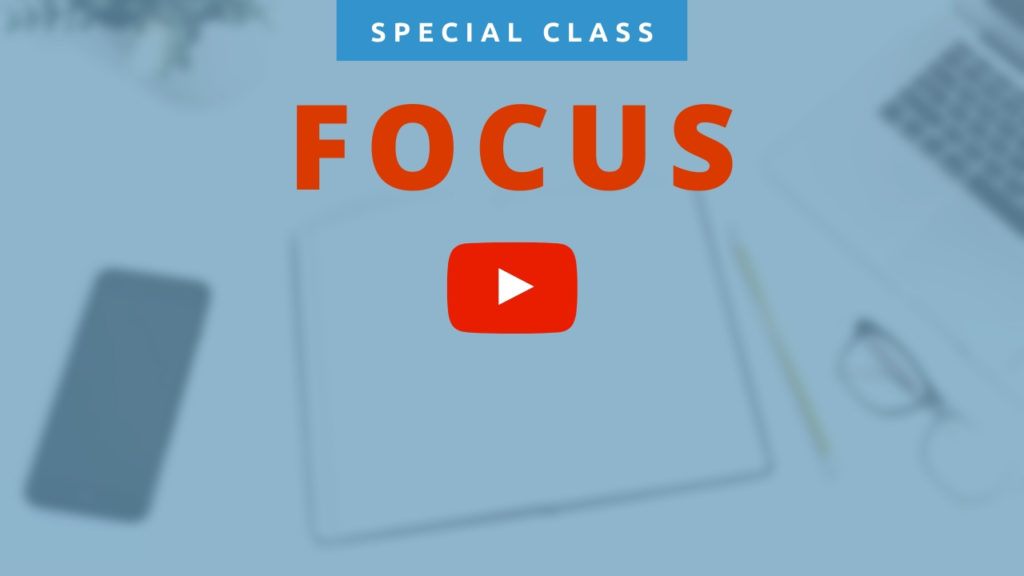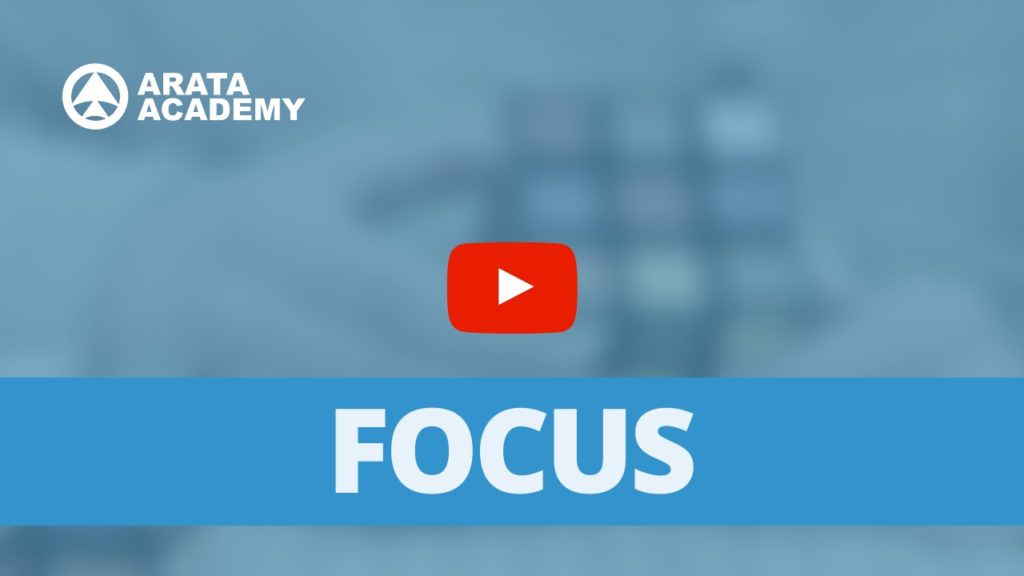Hello! Seiiti Arata. If you want to be very good at something, if you want to achieve mastery and become an expert in any subject matter, then you need to develop deliberate practice.
Deliberate practice is a structured process that has a specific intent to promote adjustments, corrections and improvements. And it’s not easy.
You may have noticed that recently we are emphasizing issues related to learning, and if you are coming here for the first time, my recommendation is DO NOT watch this video now, because it is more advanced. Instead, see the previous episodes first, as they are more basic.
First, get the basics at https://arata.se/hello34.
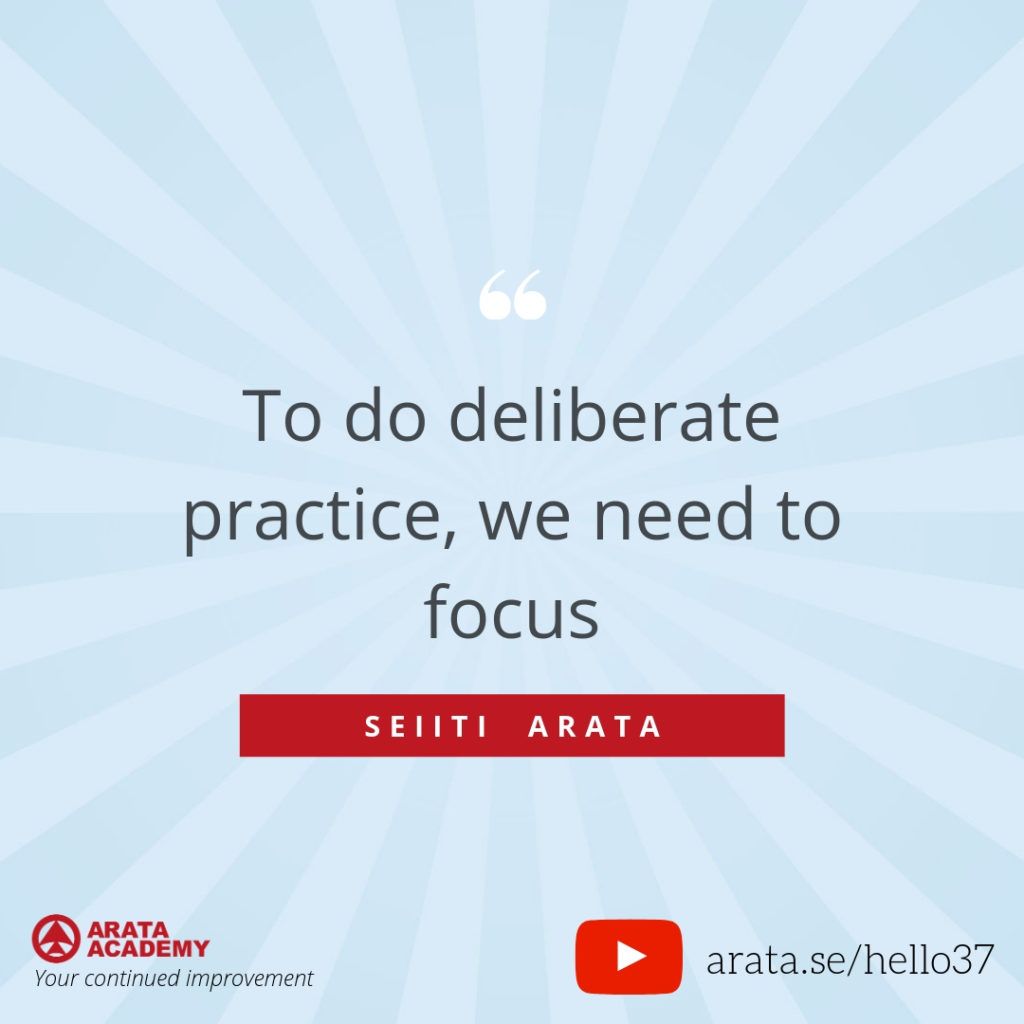
1. Deliberate practice requires a conscious plan for improvements.
When I begin deliberate practice I always have a plan of action.
I define in advance what activities I will perform. What is my goal and when will I do these activities? For every activity I have a purpose, a goal.
Deliberate practice is very conscious and needs focus. If you need to improve your focus, then visit the link http://arata.se/focuscourse.
In the previous episode we saw that learning depends on repetition, but we will use intelligent repetition! We will not repeating like parrots—that is not efficient. We will repeat with emphasis on different aspects.
Imagine a singer playing the guitar. In one session, he will concentrate on the song lyrics. In another practice he focuses on melody, rhythm and so on.
Another example: In sport, a deliberate practice session may focus on dribbling, then kicking strength and then, in a different session, passing.
Therefore FOCUS is necessary for deliberate practice. Focus determines what aspects of my skill need to be trained, so I need to define a plan, a strategy for improvement. This will help me set a realistic period of time to devote to this activity.
Important: I want to measure my performance as soon as the task is completed.
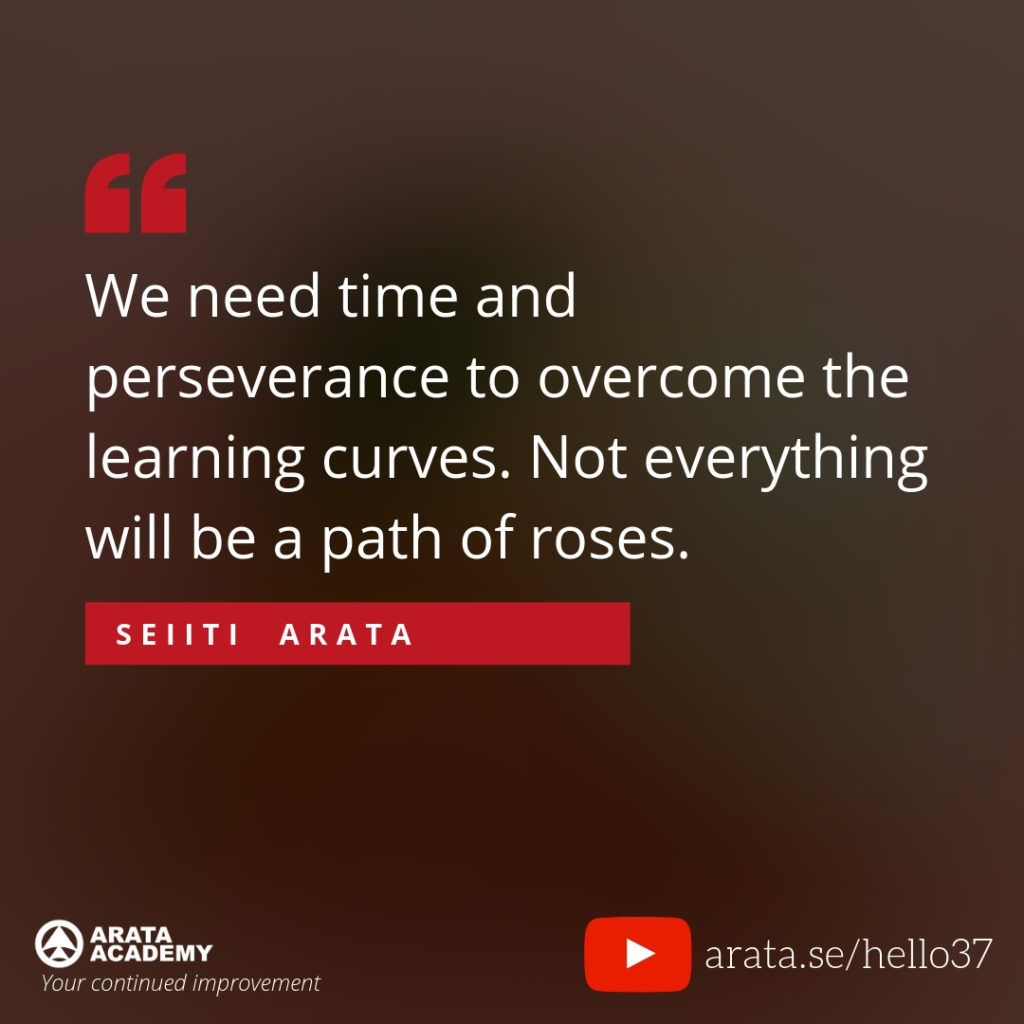
When I’m learning by myself, I can check the answer key in the book. If I’m practicing singing or some sport, I can record my performance and watch it later. I may want to have a mentor who will oversee and guide my performance. In any case, I need to be aware of the moments I’m improving so I can recognise the useful approaches.
2. In deliberate practice, I will attack my weaknesses to achieve greater performance gains.
There is a small book I recommend that emphasises the importance of focusing on your strengths and talents.
But the deliberate practice brings an additional approach.
To reach mastery, I need to identify what I’m doing wrong and then focus my efforts to fix my mistakes.
These are the points where I have the possibility to achieve a significant gain and, depending on the case, when I unlock this ability I can go to the next level.
For example, I was studying psychology, but my knowledge of statistics was weak. So I devoted myself to study statistics, and it opened many doors. Statistics allows me to better understand the clinical experiments. But there is more!
This newly acquired knowledge of statistics also enabled me to understand other subjects, such as epidemiology. You see? When I dominate a conceptual block, this will help me to unlock the next challenges.
3. Deliberate practice is difficult. I have to pay the price if I want to improve.
If you want to play the advanced game of deliberate practice and mastery, then you need to pay the price. Even thought it will be difficult, it will be worth it to move forward.
It will not be a walk in the park. Deliberate practice is not easy; there will be frustration. We must be prepared to strive.
Keep in mind that in general there is no immediate gratification. I may spend a long time in deliberate practice without experiencing any progress. This is normal and expected. Time and consistency will be necessary to overcome learning plateaus.
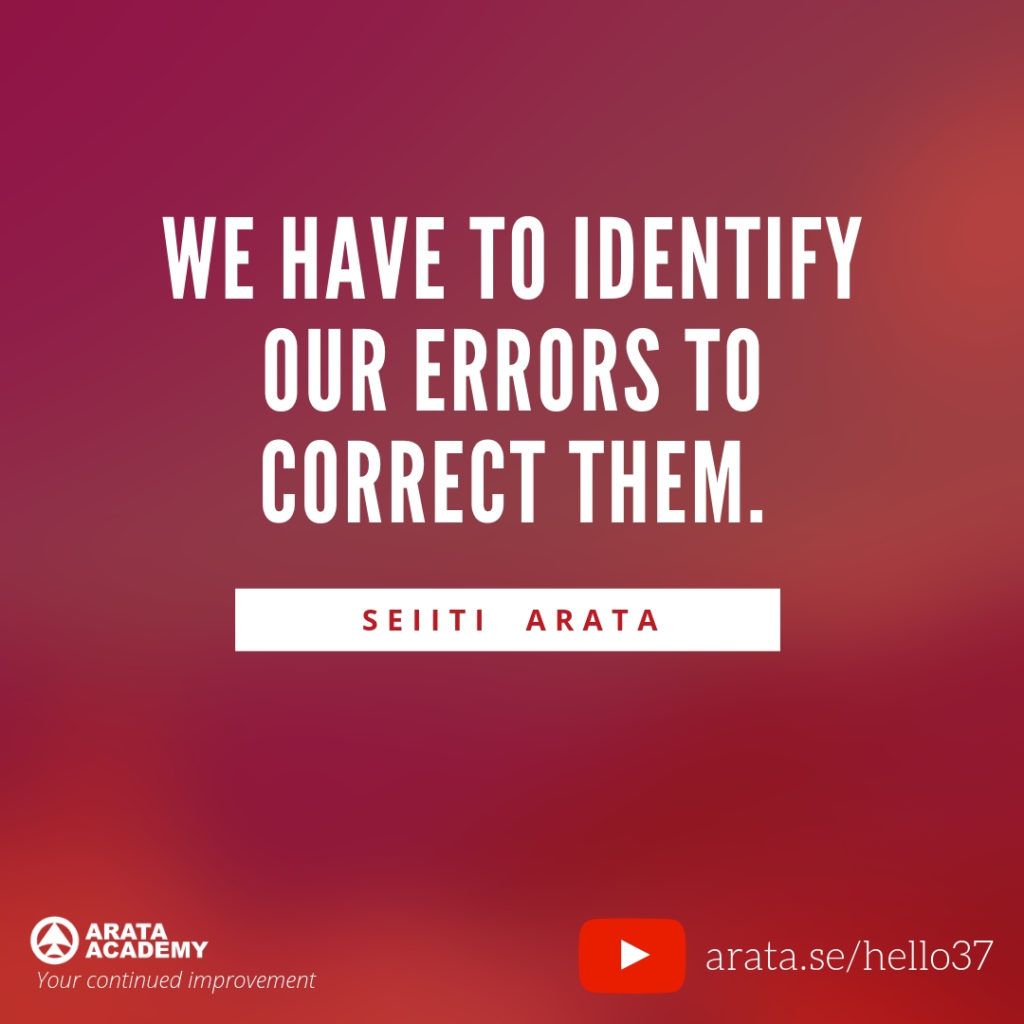
That goes for everything you want to learn. There will always be difficult tasks, but by facing difficulties you may proceed toward mastery.
Certain tasks are hard. They involve a lot of hard work and effort and therefore very few people are willing to perform them.
This is where we can stay above average: by overcoming these tasks and being involved in deliberate practice.Let’s do one thing at a time. Again, here is a link; you need more focus, and this will help a lot. https://arata.se/focuscourse
